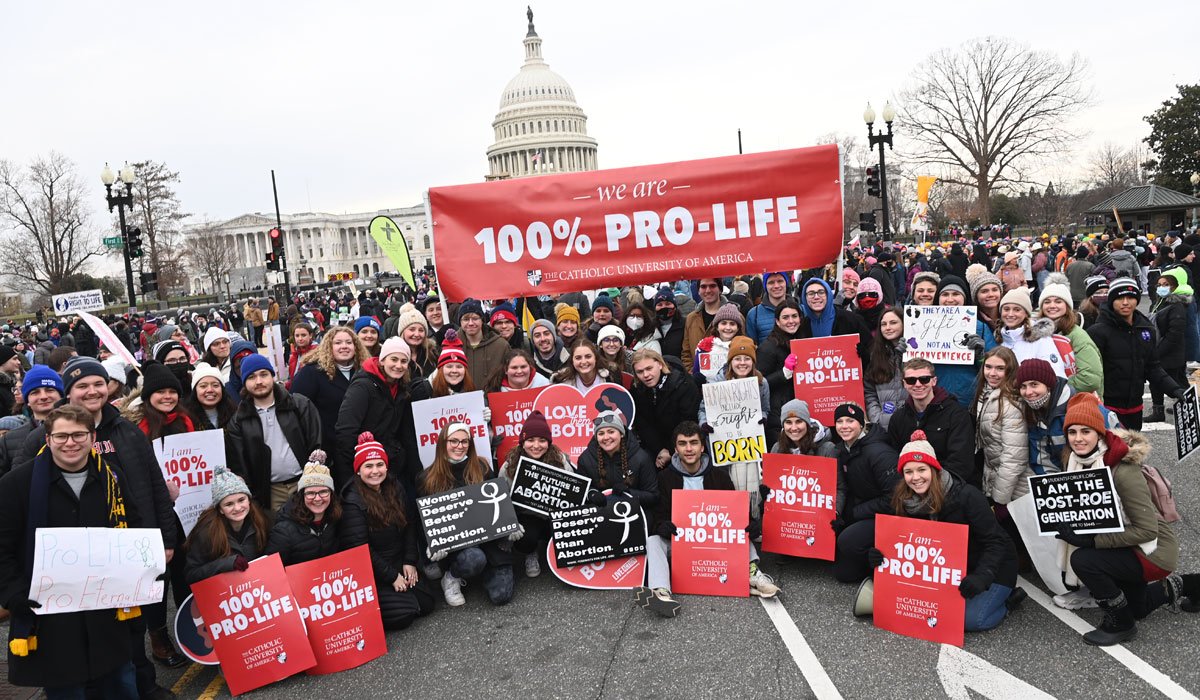Who will govern the nation?
Do you want people making the laws and governing the nation to be people of integrity and compassion? People whose ethics and moral values enable them to enact laws and govern with wisdom for the common good of all citizens? People of all religions – or no religion – can be that kind of lawmaker elected to office at all levels of government.
Over the past 40 years an organized, well-funded movement created networks of Christian leaders and groups committed to their belief that only “Christian lawmakers” faithful to what they call “a biblical worldview” can save this nation from destruction. One group calls itself the National Association of Christian Lawmakers (NACL). Their mission is to organize people elected to office at federal, state, and local levels of government who support “clear biblical principles” and “will address major policy concerns from a biblical worldview.”
As a Christian minister for 50 years, I support “clear biblical principles” and a “biblical worldview” in my life, but I disagree with people in this network about what that means – even more so when we’re talking about how everyone else “should” live. For instance, the video on their home page talks about “Christian convictions” and our “Christian heritage and faith,” but their concern was to oppose abortion – even making false claims about it – and “removing God from the oath of office.” They want to “steer our nation back towards God,” they say.
How do I respond to that? It’s not easy because the complexities belie the appearance of simple statements. Here are some of them:
· Disagreements among Christians from the beginning (as reflected in Paul’s letters), combined with schism and violent conflict within Christianity throughout history, undermine any claim to “clear biblical principles.” We have often disagreed about even the most important ideas.
· Any honest reading of Hebrew and Christian Scriptures (the Bible) acknowledges different, even opposing, “worldviews” – how the world “should” be. Is it primarily about authority and power (hierarchical control) or primarily about compassion and justice (shared power and community)?
· Is there a shared sense of “convictions, heritage, and faith” among Christians? In some ways, yes, but there are also vast differences between us. Just one example is to ask what it would mean to “steer our nation back towards God.” Even if we all agreed with that goal – which we don’t – would that mean enacting more laws to control behavior and ideas (abortion, sexuality, prayer in schools, public education) or might it mean more just, equitable distribution of resources and privilege?
· In the early 1970s, even Southern Baptists advocated for greater access to abortion because of the harm so many women suffered without it – but this movement anchored itself in the idea that abortion is murder of unborn children. It alienated itself from people who favor compassion and freedom for women to make their choices of what happens in their own bodies and publicly advocates for criminal prosecution of anyone engaged in helping women in a time of need. I do not consider this a “Christian conviction.”
· In the U.S. many versions of an oath of office include the phrase “so help me God,” but no law requires it, and exceptions are allowed for reasons of religion or conscience. The United States Constitution clearly states that “no religious test shall ever be required as a qualification to any office or public trust under the United States.” So why the angry objections to people choosing other language when sworn to office?
This group’s website puts them at the heart of Christian nationalism. It quotes Psalm 33:12: “Blessed is the nation whose God is the Lord.” And it says “we need to elect more godly leaders in this nation.” More complex ideas and language!
We see religious nationalism growing in power around the world. In Iran and Afghanistan, it is the religion of Islam. In Israel, the Jews. In India, people of Hindu faith. The U.S. version is Christian nationalism. This global movement, rooted in an authoritarian spirit seeking power and control over people based in a version of different religions, threatens the future of democracy, freedom, and justice for all people. Claiming that this one version (or perversion) of Christian religion in the U.S. – or Hungary or Russia – does not make it any more true than in Iran or India.
And who gets to define “godly”? Donald Trump, in all his public behavior and words, seems to many of us to be the antithesis of what that word might mean. Why then do people in this movement support him? Legal action against a growing list of people in this movement, who claim to want to “save” this country, undermine what they say they want.
We must challenge the movement. Name the realities at its core – fear, anger, authority, power to control others – and call it out. Urge people in the movement to recognize that fear and control, anger and authority, never brings what is good to people or to a nation. Encourage the people to search the movement for compassion, empathy, justice, shared power, community. If they don’t find it there – because it’s not – then we can help them find another way.



